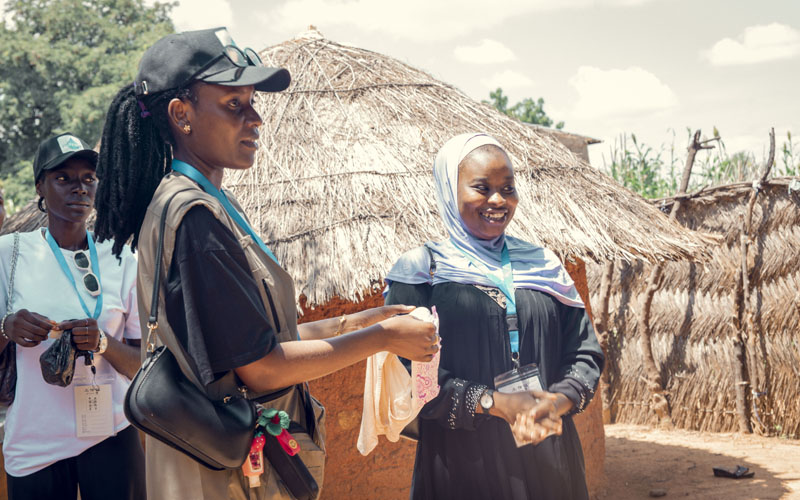+234 912 443 7374

At Rural Water Access Foundation (RUWAF), we recognize that access to clean water alone is not enough—good hygiene practices are essential to preventing diseases, improving public health, and promoting dignity. Our Hygiene Promotion Programs aim to create lasting behavior change by empowering individuals and communities with knowledge, tools, and supportive environments to adopt safe hygiene practices.
We start by conducting a hygiene needs assessment in targeted communities or schools. This involves evaluating:
- Current hygiene behaviors and practices
- Access to water, soap, and sanitation facilities
- Prevalence of hygiene-related diseases (e.g., diarrhea, cholera, skin infections)
- Knowledge gaps, taboos, and cultural practices affecting hygiene
s
This data guides our intervention design and enables community-specific messaging.
RUWAF implements participatory hygiene education using inclusive and context-appropriate tools. These sessions are conducted in schools, health centers, marketplaces, and community centers, focusing on:
- Handwashing with soap at critical times
- Personal hygiene, including oral, skin, and menstrual hygiene
- Food hygiene and safe water storage
- Household and environmental hygiene
- Disease prevention linked to poor hygiene (e.g., cholera, typhoid, worm infestations)
We use practical demonstrations, role-playing, posters, and local languages to enhance comprehension and engagement.
Where needed, RUWAF installs or rehabilitates tippy taps, handwashing stations, and soap distribution points in public schools and communal areas. We also distribute hygiene kits that may include:
- Soap
- Toothbrushes and toothpaste
- Towels and nail cutters
- Sanitary pads (where menstrual hygiene overlaps)
We train users on how to maintain hygiene materials and facilities for long-term use.
In schools, we establish Hygiene Clubs that lead hygiene promotion activities among peers. Teachers and selected students are trained as WASH Ambassadors responsible for:
- Daily hygiene monitoring
- Leading hygiene-themed assemblies
- Organizing clean-up days and hygiene competitions
This peer-to-peer approach fosters leadership and sustained behavior change.
RUWAF conducts hygiene campaigns that include:
- Door-to-door hygiene messaging
- Community dramas and skits
- Radio jingles and mobile announcements
- Clean-up drives and "Hygiene Days" events
These campaigns are tailored to seasonal needs (e.g., rainy season cholera prevention) and coincide with global observances like Global Handwashing Day or World Toilet Day.
We develop and distribute culturally relevant BCC materials such as:
- Posters and flyers in local languages
- Illustrated flip charts for facilitators
- Hygiene calendars and stickers for homes and schools
These materials reinforce key messages and encourage daily hygiene routines.
We run awareness campaigns using radio programs, mobile outreach vans, social media, and IEC materials (Information, Education, Communication) to reach wider audiences. Campaigns are conducted in local languages and adapted to rural realities.
We use observation checklists, interviews, and community scorecards to monitor improvements in hygiene behavior and facility usage. Feedback is collected regularly and used to adapt messages, tools, and delivery methods for greater impact.
RUWAF partners with Primary Health Care centers, local government health officials, and trained volunteers to expand hygiene promotion beyond program sites. These collaborations help link hygiene to broader health initiatives such as immunization and maternal-child health.